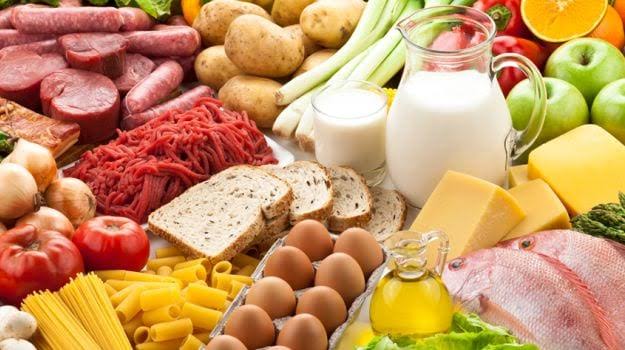
The research key points
- According to one common hypothesis, carbohydrates induce an insulin spike, which promotes fat accumulation and increases appetite, resulting in overeating.
- Recent study, however, indicates that the “carbohydrate-insulin model” may be oversimplified.
- Researchers argue in a paper published in the journal Science that while low-carb, high-fat diets can help some people lose weight, a more complex model is required to understand how they function.
- Insulin levels between meals, as well as the hormone’s effect on multiple organs, are more critical for managing the body’s energy budget, according to the researchers.
Obesity’s triggers — and the most successful ways to lose weight — have been a source of heated discussion among scientists and healthcare professionals for decades.
The “carbohydrate-insulin model” claims that high-carbohydrate foods and drinks cause an increase in circulating insulin levels.
The hormone causes fat cells, also known as “adipocytes,” to accumulate extra calories, reducing the amount of energy available to the rest of the body.
As a result, appetite rises and metabolism decreases, resulting in weight gain over time.
Dietitians often use the carbohydrate-insulin model to illustrate why high-fat, low-carbohydrate diets like the ketogenic diet are so effective.
Unlike carbohydrates, dietary fat does not cause an immediate increase in insulin levels.
The energy balance model, on the other hand, makes less of a distinction between fat and carbohydrates.
Instead, the balance between total calorie consumption from food and drink and total calorie expenditure from physical activity is the subject of this model.
This model predicts that if calorie consumption exceeds expenditure, weight gain will occur over time. However, if expenditure exceeds intake, weight loss is the result.
Is it oversimplified?
Two scientists claim in the journal Science that the carbohydrate-insulin model is overly simplistic.
The effectiveness of high fat, low carb diets for certain people is undeniable, according to John Speakman of the University of Aberdeen in the United Kingdom and Kevin Hall of the National Institute of Diabetes and Digestive and Kidney Diseases in Bethesda, Maryland.
They also recognise the importance of insulin in body fat control.
However, they doubt that the influence of insulin on adipocytes after consuming a high-carbohydrate meal is the primary cause of weight gain.
They write:
“[W]e propose that the role of insulin in obesity may be better understood by considering its action on multiple organs that is driven by factors mostly independent of carbohydrate intake. Reconsidering the role of insulin may improve our understanding of the causes of obesity and its treatment.”
They cite a mouse study from 2020 that compared the effects of 29 different diets on body fat in the mice.
In these, 16 diets held protein intake constant while varying the proportion of fat and carbohydrate in total calories consumed.
The carbohydrate-insulin model predicts that the higher the carbohydrate content of a diet, the higher the rise in insulin levels after a meal.
As a result, the mice should put on more fat and increase their overall calorie intake, according to the model.
Mice on high carb diets, on the other hand, consumed less calories and gained less fat and overall body weight after 12 weeks, which is approximately equal to 9 years in humans.
While having higher circulating insulin levels after feeding, this was the case.
Studies in humans
The authors acknowledge that experiments in mice do not represent what happens in humans, but they point to human research that yielded similar results.
Another recent study, for example, compared the effects of two different diets on overweight people.
Each diet consisted of a two-week period. One was around ten percent carbohydrate and seventy percent fat, while the other was around seventy percent carbohydrate and ten percent fat.
Participants were free to consume as much or as little food as they desired.
The high carb diet resulted in a greater spike in insulin levels following meals, as predicted by the carbohydrate-insulin model.
Participants on the high carb diet, on the other hand, ate less calories and recorded feeling just as relaxed after eating as those on the low carb diet.
Only the high-carbohydrate diet resulted in substantial body fat loss.
Insulin, according to Speakman and Hall, affects many organs throughout the body, not just after meals.
Its role in regulating body fat is “best understood as part of a dynamic network of factors controlling and mediating the effects of energy imbalance,” according to the authors.
They claim that when body fat levels rise above a critical threshold, high insulin levels combined with signals from fat tissue tell the brain to reduce energy intake.






